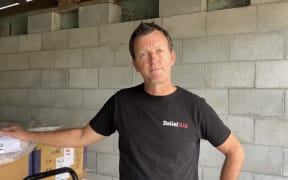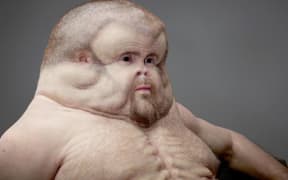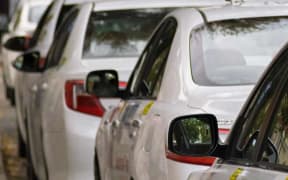Sunday Morning for Sunday 10 April 2022
8:11 Covid-19 update with Dr Andrew Read
Will Covid-19 become an endemic, more agreeably mild virus that we just have to be wary of every winter, like the flu, or - as exemplified by the new XE variant - is this the coronavirus warming up for the main event?
New Zealander Dr Andrew Read is at Pennsylvania State University. He's the director of its Institutes of Life Sciences and he specialises in the ways infectious diseases work, with expertise as well in how well vaccines cope with them. And he's working at the forefront of international research on Covid.
Professor Read is back with us to cover off the latest Covid-19 developments.
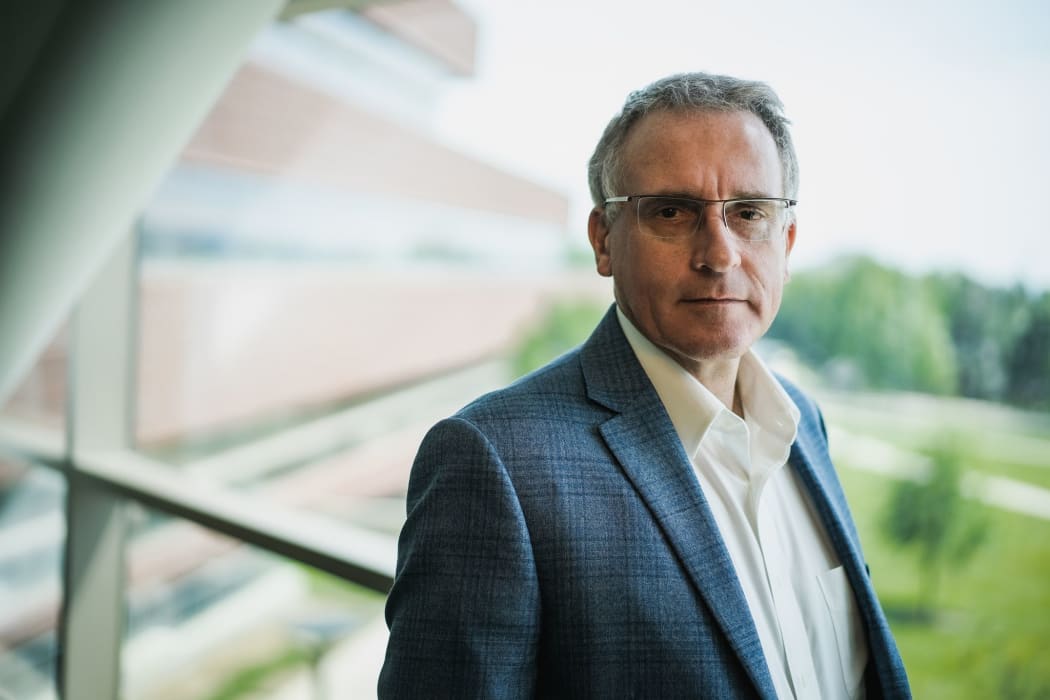
New Zealander Andrew Read is a professor of biology and entomology at Penn State. Photo: Bill Cardoni
8:28 Russia-Ukraine war cross with Philip Crowther in Lviv
The man who reports in six languages from around the world, Philip Crowther has returned to Lviv in the west of Ukraine after taking a short break from covering the conflict.
Lviv has changed enormously since Crowther, the International Affiliate Correspondent for Associated Press, was there last. It was all one-way traffic out before, and now the human tide has turned with people and materials coming in as well.
Crowther is back with us to discuss how things have changed in Ukraine in the time he has been away, what he is witnessing upon his return, and whether the future shape of this conflict is any clearer after six weeks of devastation and defiance.
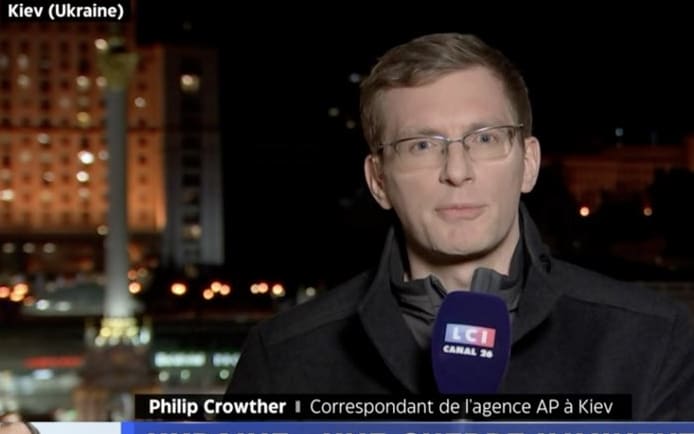
Washington DC-based journalist Philip Crowther has gone viral for reporting from Ukraine in six different languages. Photo: Philip Crowther
8:36 The best way to parallel park, according to science
Parallel parking is a source of extreme consternation for some people; others revel in the challenge.
But what's the best way to parallel park your car in an unmarked space?
New research has found a simple answer. And if you're one of those people who tries to land in the exact middle point of the park - leaving equal amounts of room at either end of the space - you're doing it wrong.
Spurred on by their "anonymous neighbours whose parking inspired this work," University of Sydney School of Engineering professors Emily Moylan and Benjy Marks set out to find the best way to parallel park, according to science.
Professor Moylan, who has shifted her research focus from astronomy to transport in recent years, joins the show to discuss.
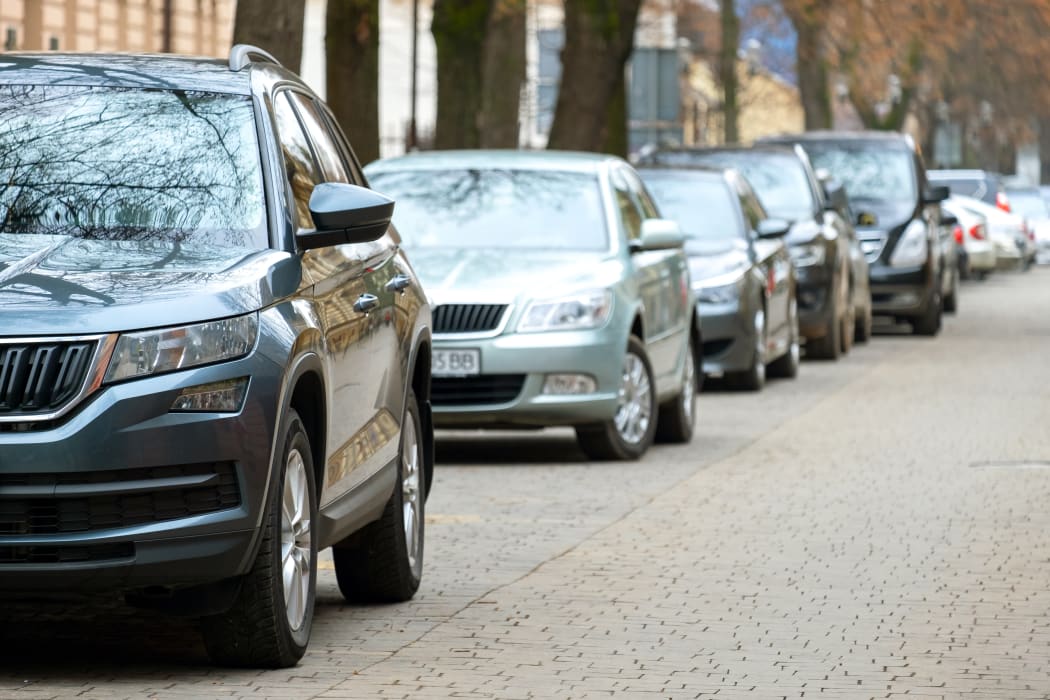
Photo: 123RF
9:06 Mediawatch
Mediawatch looks at the slew of stories in the media recently about trains, plains and automobiles. The huge cost of keeping them running was a big focus - but not the cost to the environment. Also: do we still trust our news like we used to. And if not - why not?
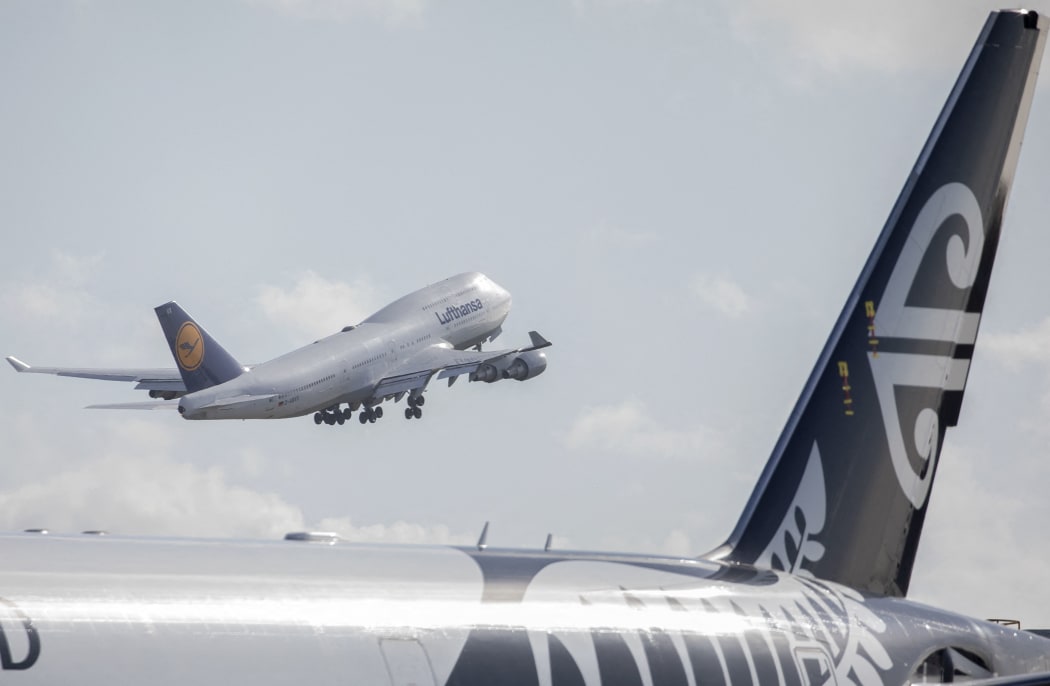
Photo: AFP
9:37 No.8 wire mentality at play in Kiwi aid effort in Ukraine
ReliefAid Founder and Executive Director Mike Seawright was on his way to oversee an aid operation in the Middle East when Russia's invasion of Ukraine kicked off.
Seawright immediately diverted to Ukraine to set up the ReliefAid humanitarian aid operation there.
Since he arrived in Ukraine, thanks to New Zealand donations, the aid organisation's impact has been huge, including securing and delivering over six tonnes of food to people in places impacted by the worst of the fighting, taking medical supplies to hospitals in and around Kyiv, and securing tools and materials to repair bomb-damaged buildings. Meanwhile, back in New Zealand, ReliefAid volunteers have been literally working day and night to help get aid to Ukraine. People here can donate by visiting www.reliefaid.org.nz
Seawright, who founded ReliefAid in late 2014 after a decade of working in conflict zones, joins the show from Kyiv for an update on the situation there.
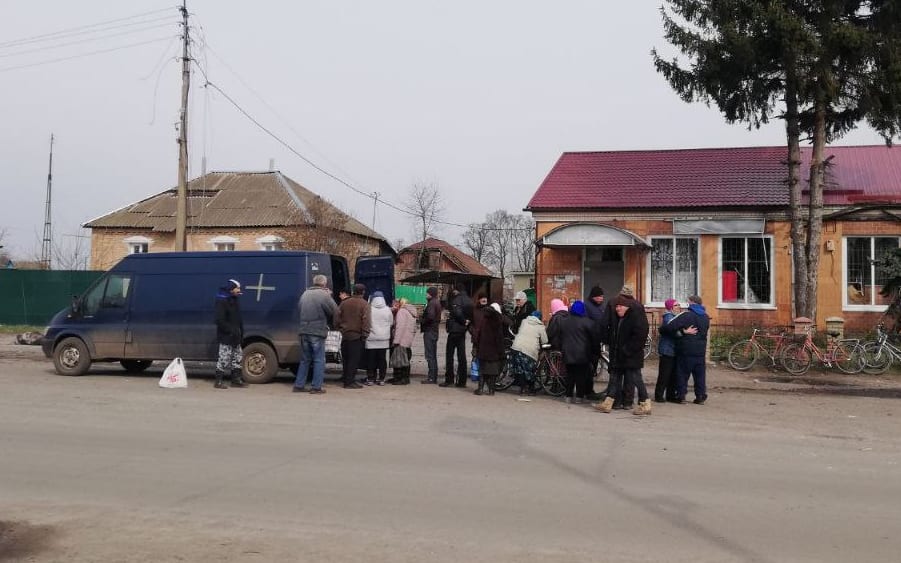
ReliefAid food delivery in Ukraine. Photo: Supplied/ReliefAid
10:06 Calling Home: Beth Matheson in British Columbia
Hawke's Bay native Beth Matheson and her partner Mike Reed live in Penticton, at the southern end of Lake Okanagan in British Columbia, Canada, where she works as a helicopter mechanic.
Both Beth and Mike are Kiwis who have been able to take advantage of having Canadian passports. They met years ago when they were both working the Australian fire season.
Penticton enjoys long, hot summers, dry winters, and more than 2,000 hours of sunshine each year. So it's easy to see why its name is commonly translated (from the Interior Salish word snpintktn) as "a place to stay forever".
Like Central Otago, the Okanagan is also renowned for its world-class wine, and Beth and Mike drive past no fewer than 33 wineries on their way home.
Beth's Calling Home this morning.
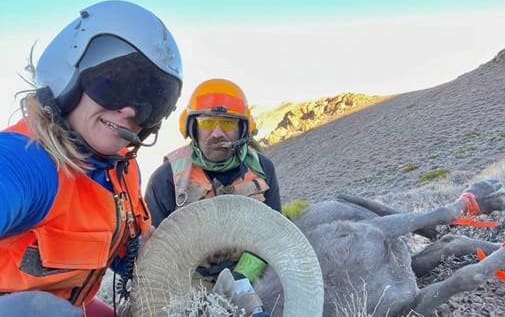
New Zealander Beth Matheson in her role as a 'mugger' while doing animal research and tagging in Canada. Photo: Supplied/Beth Matheson
10:34 The wonderfully weird world of Wikipedia
Did you know there were 'ice cream wars' in the East End of Glasgow in the 1980s? What about the theory that blowing up the moon could solve virtually every problem of human existence? Or that there's a place to go to find the list of games Buddha wouldn't play?
Perhaps unsurprisingly, you'll find all of this random information on Wikipedia... eventually.
But there's an easier way to find it than intentionally heading down neverending rabbit holes. University of Michigan student Annie Rauwerda has taken it upon herself to highlight some of the crowdsourced site's most bizarre pages, through her hugely-popular Instagram page @depthsofwikipedia.
Rauwerda's with us to talk about her love of Wikipedia and how forming the Instagram account has changed her life.
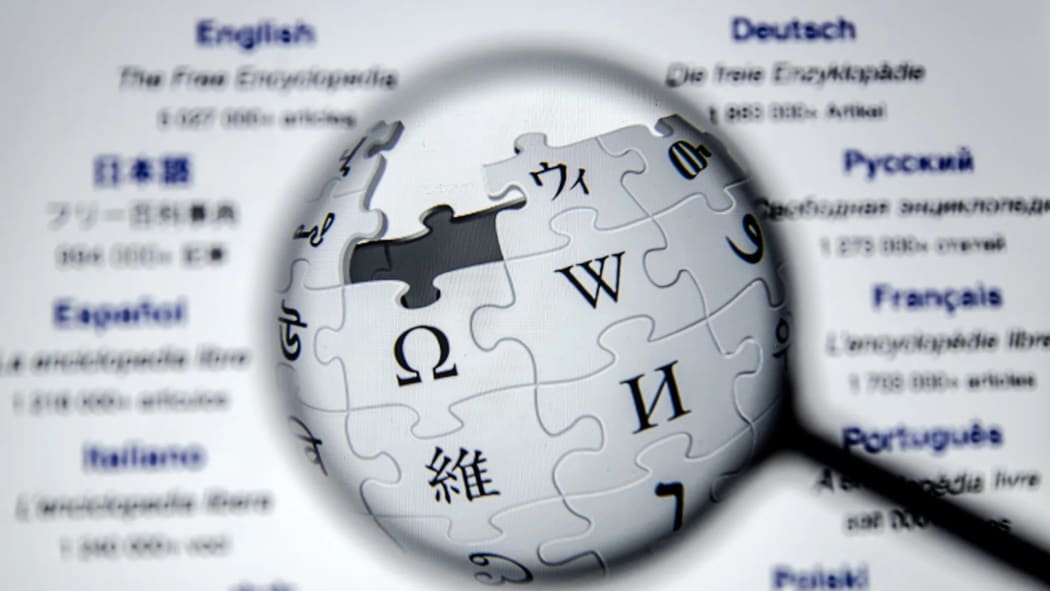
Photo: Wikipedia
11:05 How Russia is dying from within
Russia's struggles on the battlefield have been front and centre during its invasion of Ukraine, which has been underway since late February.
However, there is a battle raging within its own boundaries that is getting fewer headlines - the nation's demographic crisis.
Russians haven't been having enough babies to replace themselves since the late 1960s, and the problem is being exacerbated by excess deaths, with Russian people roughly dying a decade earlier than Brits on average.
Dr Paul Morland is associate research fellow at Birkbeck College, University of London and a renowned authority on demography. His latest book is Tomorrow's People: The Future of Humanity in Ten Numbers.
Dr Morland joins the show to discuss how Russia is dying from within, and why Vladimir Putin is terrified by his country's demographic crisis.
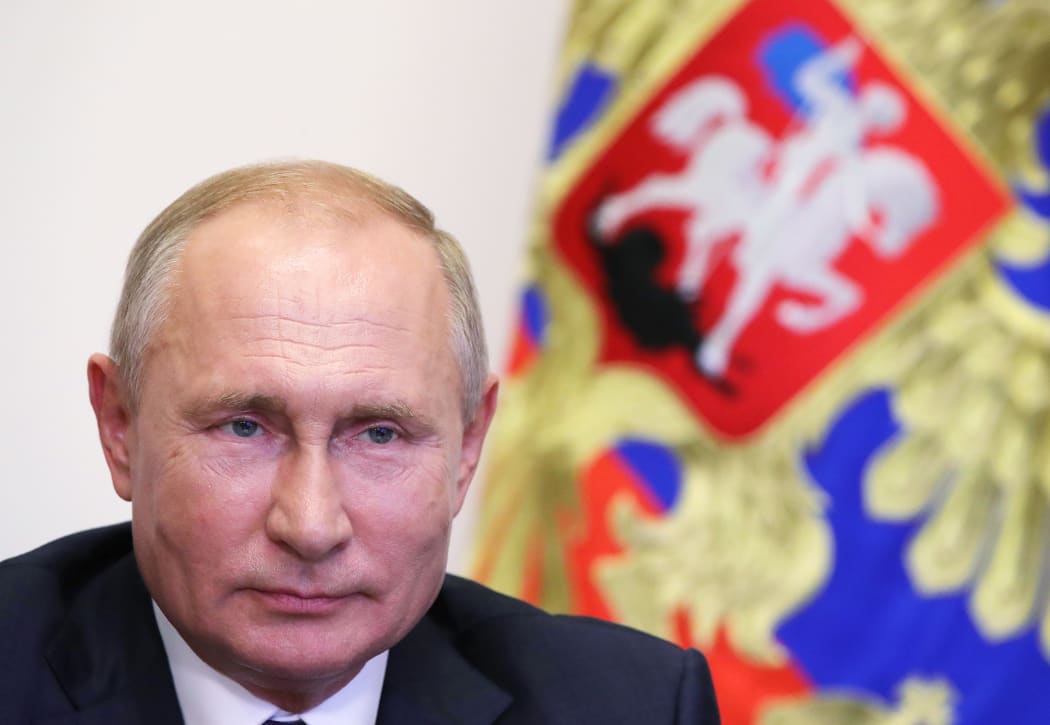
Photo: AFP / FILE
11:35 The anarchic current flowing through the cryptosphere
Crypto was never going to be an obvious nor an easy story for Sarah Resnick to cover.
Indeed, the New York-based writer admits to feeling a bit dirty and a little shameful early on, because cryptocurrency was a subject that "remains uncouth to speak about in my wider professional and social milieu".
However, the further down the rabbit hole she travelled for her recent long article in the Guardian, the more Resnick realised that not all cryptocurrency investors fit the cliches. But that didn't detract from the common, almost anarchic feeling amongst a lot of traders.
Resnick joins the show to discuss her illuminating entry into the crypto world and why crypto's future still remains uncertain, despite the fact it has been around for well over a decade now.

Photo: 123RF


